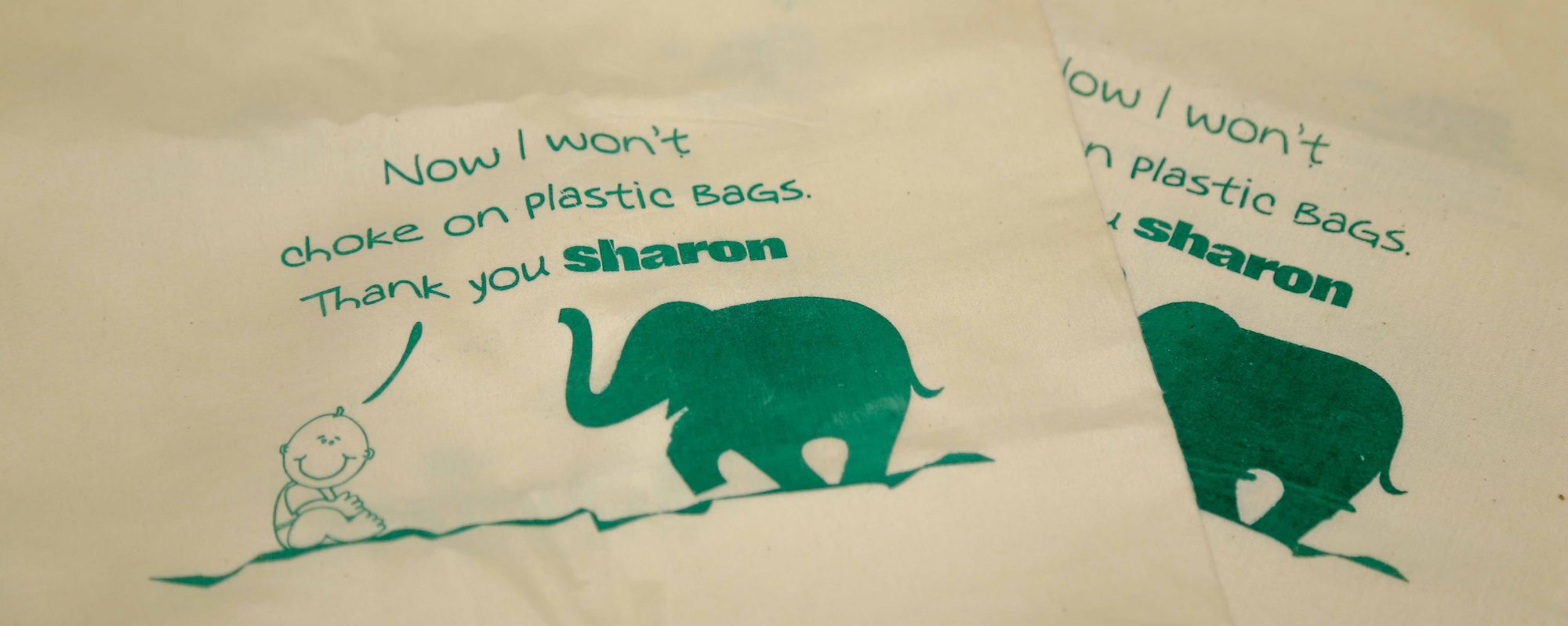It is with great happiness we announce the death of SUPB (Single Use Plastic Bag) on January 1st, 2019 in Tamil Nadu. He was an inseparable part of our daily lives. Though immortal in nature, we bid him farewell because we were all irresponsible in his disposal and he found his way into the environment, polluting and poisoning it. He is survived by our children’s children, marine animals and the rivers and oceans of the earth.
May his soul biodegrade in peace.
Kindly post your farewell messages below in the comments section.


